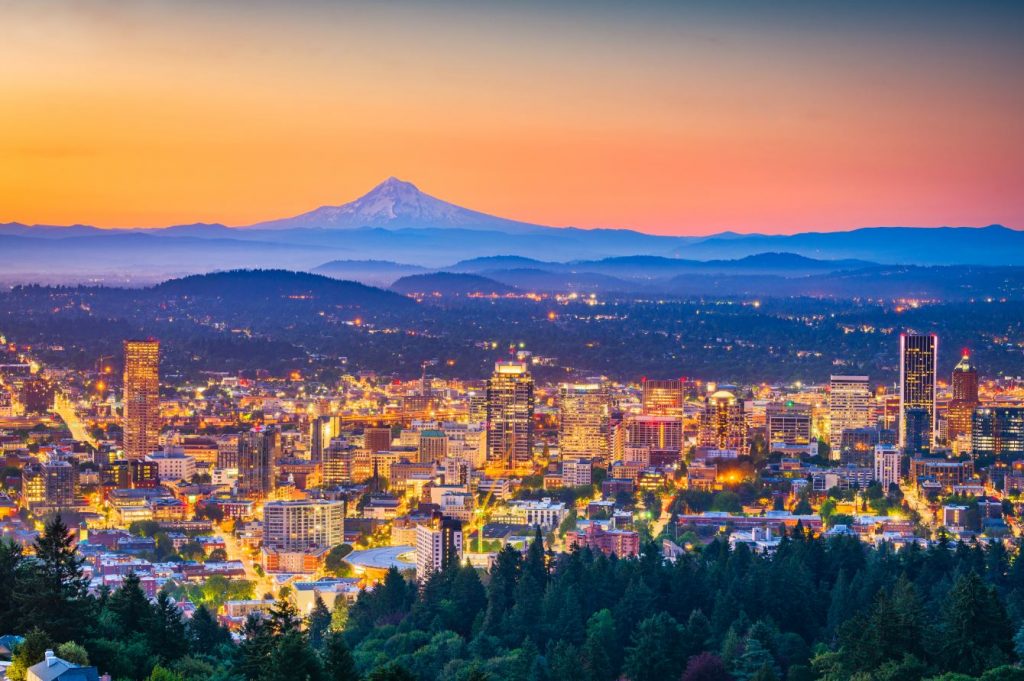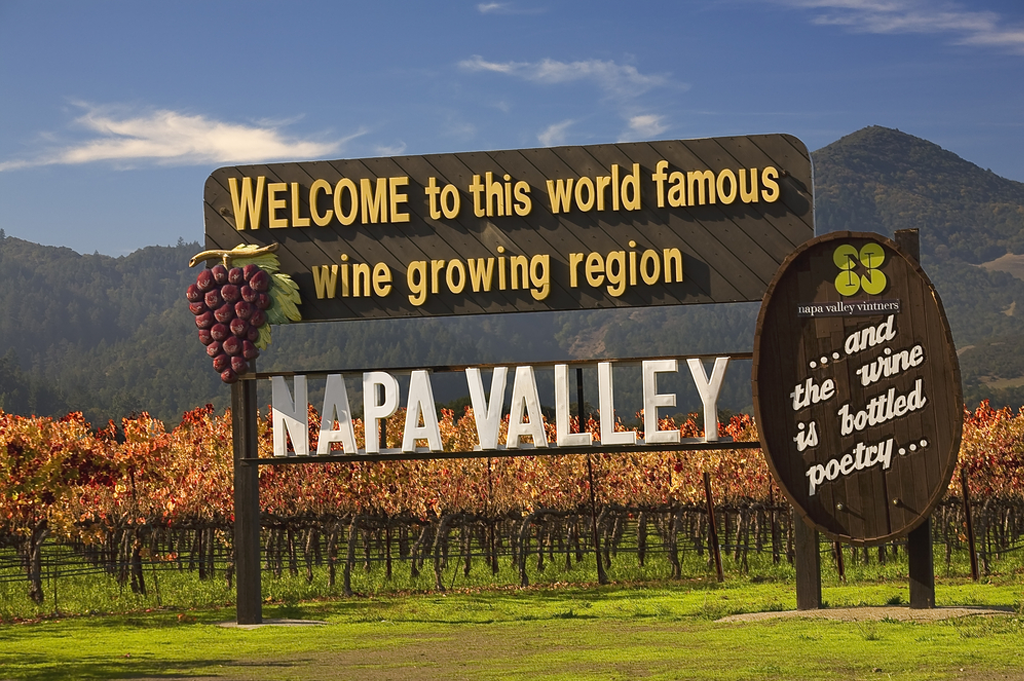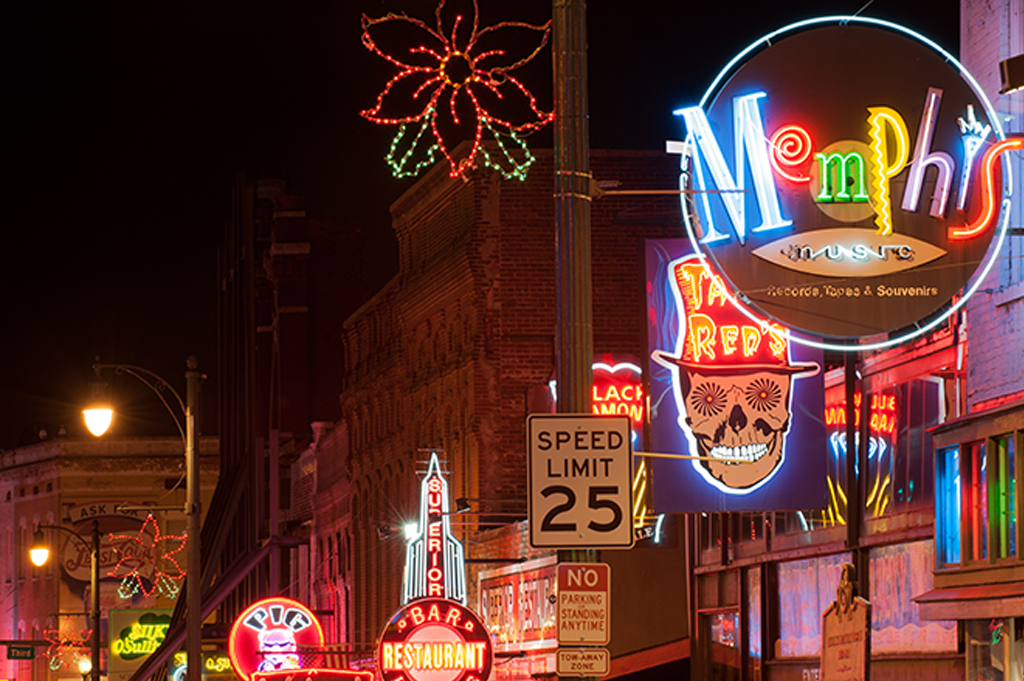Among the numerous segments comprising a destination’s tourism portfolio, often exists sports and event tourism. These efforts may reside in any number of organizational structures from within a destination marketing organization (DMO), a government entity or stand-alone organization. The growth of sports and event tourism has been undeniable. The industry’s professional association originated with merely a dozen communities gathering to share ideas more than 25 years ago. Today, what would become the National Association of Sports Commissions (NASC), serves more than 840 members from across the country and beyond.
As the go-to resource for the robust sports and events tourism industry, the NASC serves not only destination representatives, but just as importantly, sports and event rights holders looking for host destinations that can accommodate their events, venue and facility operators, and a plethora of industry suppliers. Destinations ranging in population from less than 100,000 residents to more than 1,000,000 residents are realizing the vast array of sports and event tourism opportunities spanning from youth tournaments to World Cup host locations and everything in between.
This evidence begs the question, why are destinations emphasizing sports and events tourism, and how are they achieving success? While reasons for entry into the market vary by community, research shows increasing economic impact, destination brand perception and awareness, and socio-cultural leverage (such as building a sense of community and quality of life among residents) top the list.
When it comes to how, destinations are constantly innovating new approaches to break through the proverbial clutter. Organizations are seeking long-term partnerships to provide an annual base to their business, monitoring sport participation and popularity trends, creatively using community facility and venue assets, and launching their own sports and events properties. Combinations of these practices, among others, have fostered successful sports and events tourism efforts for many destinations.
Sports and events tourism equate to big business. As practitioners in the industry can attest, each community’s strategy for success must be unique to its influencing factors. The NASC is leading the charge in providing all segments of the industry with timely and relevant information to ensure the sports and events tourism industry continues to flourish. For more information, contact the NASC at info@sportscommissions.org or visit www.sportscommissions.org.
Jennifer Stoll, Ph.D, CSEE
Stoll Sports Strategies, LLC
National Association of Sports Commissions




